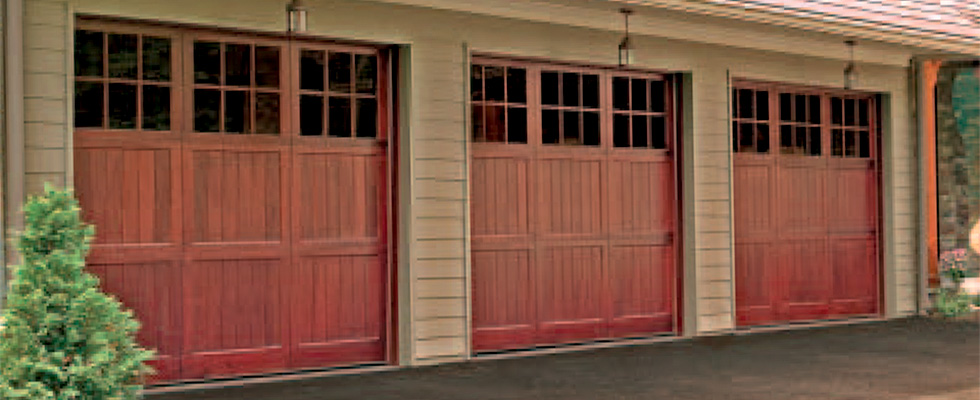 In our last post, we offered advice on how converting your garage into a home office could produce annual tax deductions.
In our last post, we offered advice on how converting your garage into a home office could produce annual tax deductions.
However, there are considerable downsides to garage conversions, no matter what kind of room you turn it into. Here are four reasons not to make the move.
Cost
When you convert your garage into a living space, it will run you about half of what you would spend adding on a new room. However, it’s probably still going to cost more than you imagined.
If you’re a DIYer, you can probably do a partial conversion for a few thousand dollars. This includes weatherproofing, adding carpeting, putting up wallboard and new ceiling, installing better lighting, etc. Unfortunately, the end result will still look and feel like a garage you’re simply using for other reasons.
For a complete conversion, cost estimates vary depending on what you want the finished room to be, how much work you will do yourself, and the project’s complexity.
CostHelper says prices start around $7,500 and can go up to $20,00 or more to make the garage appear like part of the house both inside and out. HomeAdvisor puts the average cost to convert a garage at $13,417. The National Association of Relators ® says you will probably shell out between $20,00 to $50,000 to fully convert a two-car garage. Bump that up another $15,000 to $25,000 if you’re turning it into a bathroom. The Money Pit says you should expect to spend anywhere from $25,000 to $40,000.
Parking
In many cities, houses are required to have a specific number of off-street parking spots. Unless you can set up such spots on your lot, converting your garage may not be legal.
Let’s say it is legal in your area. Consider all that you’ll be losing by parking your vehicle outside.
Convenience. Right now you probably walk from inside your house directly into the garage. You’re totally protected from the elements.
Protection from weather. Exposing your car to those blistering summers can prematurely age it and affect its resale value. Plus, that scalding steering wheel or leather seat can be pretty uncomfortable. Conversely, having to dig your car out of a snowbank or scrape the windows adds precious time to your commute. And parking in your driveway can affect plowing after a snowstorm.
Safety. Parking outside exposes your car to break-ins and thefts.
Storage space. Losing your garage impacts more than your car. Where will you now put your lawn mower, snow blower, tools and landscaping implements? If you plan to erect a shed in the back yard for this purpose, add that cost to your conversion expenditure.
Resale Value
Most buyers want a garage for the same reasons listed above. It not only protects their cars from the elements and vandals, but also allows them to “hide” shovels, garbage cans and other possessions.
“I’ve seen some people turn garages into family rooms or play rooms, and then have a hard time selling their house,” says Brendon DeSimone, a member of the National Association of Realtors and expert contributor to Good Morning America and HGTV.
“Garage conversions are not a good idea for resale value,” says Realtor Adam Aguilar. “In fact, it is detrimental to the value, not only for you, but for the buyer’s lender as well. Even if the buyer thinks it holds value, the lender will tell them differently.”
Finally, take a look around your neighborhood. If most other homes have garages, eliminating yours may well make your home less desirable.
Lifestyle Changes
Homeowners convert garages for many reasons. An elderly mother-in-law is moving in and requires a bedroom. Teenagers want a recreation room. A father decides to start a home business and needs an office.
Life changes. Our parents die. The kids eventually move out. That business idea doesn’t pan out. What seemed like a great plan few years ago – converting the garage – now leaves you with space you no longer need or rarely use.
In conclusion, converting a garage isn’t a horrible idea. In certain situations, it can work in your favor. It’s just a remodeling decision that requires much thought and planning.
Image Courtesy of XDG Architecture



